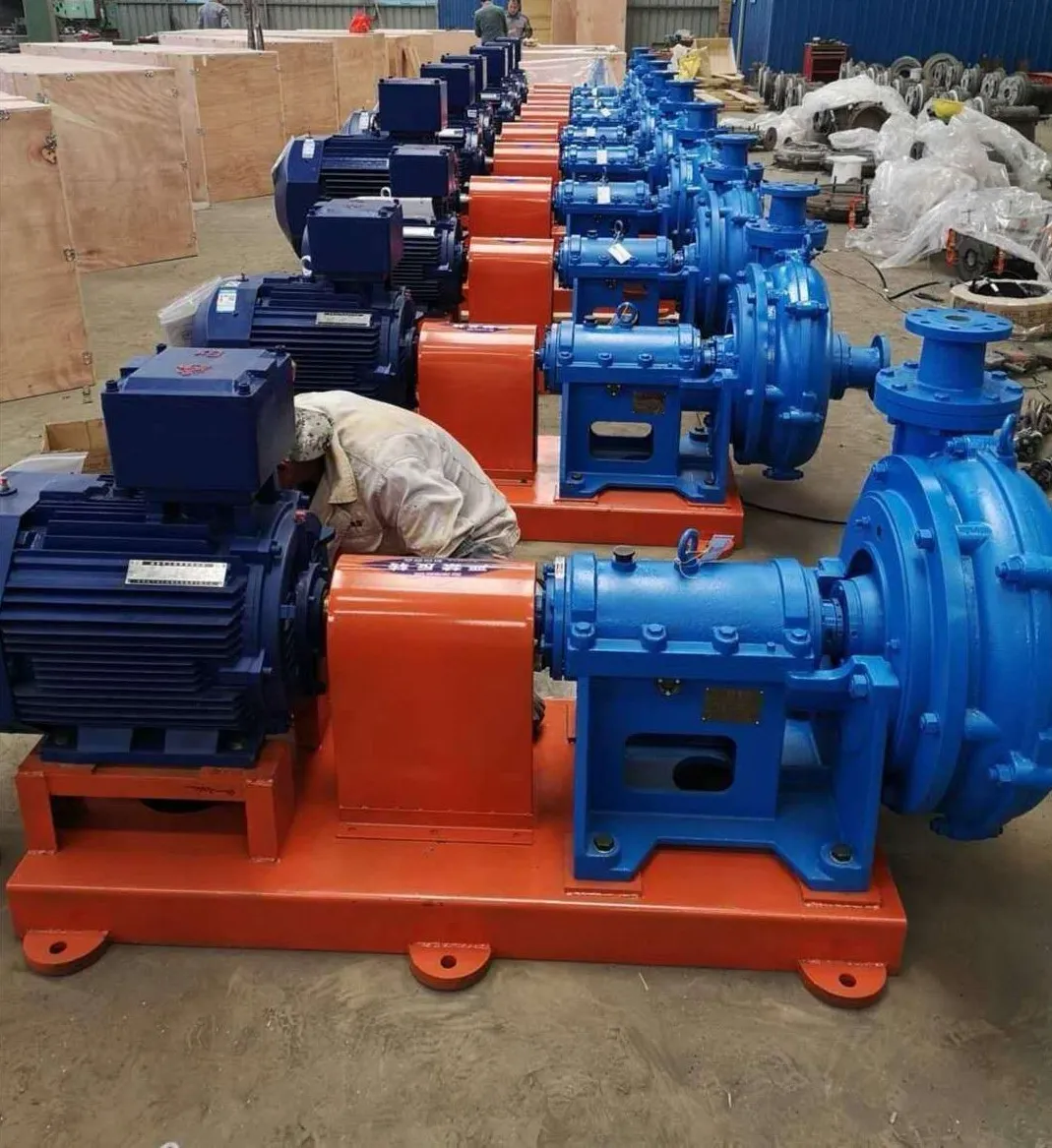English
- Afrikaans
- Albanian
- Amharic
- Arabic
- Armenian
- Azerbaijani
- Basque
- Belarusian
- Bengali
- Bosnian
- Bulgarian
- Catalan
- Cebuano
- Corsican
- Croatian
- Czech
- Danish
- Dutch
- English
- Esperanto
- Estonian
- Finnish
- French
- Frisian
- Galician
- Georgian
- German
- Greek
- Gujarati
- Haitian Creole
- hausa
- hawaiian
- Hebrew
- Hindi
- Miao
- Hungarian
- Icelandic
- igbo
- Indonesian
- irish
- Italian
- Japanese
- Javanese
- Kannada
- kazakh
- Khmer
- Rwandese
- Korean
- Kurdish
- Kyrgyz
- Lao
- Latin
- Latvian
- Lithuanian
- Luxembourgish
- Macedonian
- Malgashi
- Malay
- Malayalam
- Maltese
- Maori
- Marathi
- Mongolian
- Myanmar
- Nepali
- Norwegian
- Norwegian
- Occitan
- Pashto
- Persian
- Polish
- Portuguese
- Punjabi
- Romanian
- Russian
- Samoan
- Scottish Gaelic
- Serbian
- Sesotho
- Shona
- Sindhi
- Sinhala
- Slovak
- Slovenian
- Somali
- Spanish
- Sundanese
- Swahili
- Swedish
- Tagalog
- Tajik
- Tamil
- Tatar
- Telugu
- Thai
- Turkish
- Turkmen
- Ukrainian
- Urdu
- Uighur
- Uzbek
- Vietnamese
- Welsh
- Bantu
- Yiddish
- Yoruba
- Zulu
Telephone: +86 13120555503
Email: frank@cypump.com
Oct . 03, 2024 21:15 Back to list
chemical pipeline water pump
The Role of Chemical Pipeline Water Pumps in Industrial Applications
In the industrial landscape, chemical pipeline water pumps play a crucial role in transporting various liquids, including water and chemicals, safely and efficiently. These pumps are specially designed to handle the unique challenges posed by transporting corrosive or abrasive materials, ensuring the integrity of the pipeline system while supporting essential operations in sectors such as chemical manufacturing, wastewater treatment, and oil and gas industries.
Chemical pipeline water pumps come in various designs to accommodate different operational needs. Centrifugal pumps, for example, are favored for their ability to move large volumes of liquids at relatively low pressure, making them ideal for applications like cooling water circulation and process water supply. On the other hand, positive displacement pumps are often employed when high pressures are required or when pumping viscous fluids. Each type of pump has its own set of characteristics, making it essential for engineers to select the most appropriate pump based on the specific requirements of the system.
One of the primary considerations in the design and selection of chemical pipeline water pumps is the material of construction. Since these pumps often handle corrosive liquids, manufacturers use materials such as stainless steel, titanium, and specialized polymers that can withstand the corrosive effects of the transported fluids. Furthermore, seals and gaskets made from synthetic rubber or other resistant materials are used to prevent leakages, ensuring not only the safety of the operation but also compliance with environmental regulations.
chemical pipeline water pump

In addition to material selection, the efficiency of chemical pipeline water pumps significantly impacts energy consumption and cost-effectiveness
. Modern pumps are designed with advanced technology that promotes energy efficiency and reduces operational costs. Features such as variable frequency drives (VFDs) allow for precise control of pump speed and flow rate to match the specific demands of the process, thereby optimizing energy use.Safety is another critical aspect of chemical pipeline water pump systems. Industries must adhere to strict regulations to prevent environmental hazards and ensure worker safety. This includes the installation of monitoring systems that can detect leaks and provide alerts for maintenance needs, ensuring that pumps operate within safe parameters. Regular maintenance and inspection routines are also vital to prevent failures that could lead to costly downtimes or accidents.
Moreover, the integration of smart technology into chemical pipeline water pumps is transforming how industries operate. Internet of Things (IoT) devices can be attached to monitoring systems, providing real-time data on pump performance and condition. This allows for predictive maintenance, where potential issues can be addressed before they result in system failures, enhancing reliability and extending the service life of the equipment.
In conclusion, chemical pipeline water pumps are indispensable in managing the flow of liquids in various industrial applications. Their design, efficiency, material selection, and safety features are critical in ensuring that operations run smoothly while minimizing risks. As technology continues to evolve, the future of chemical pipeline water pumps will undoubtedly see further advancements that enhance performance, reliability, and environmental sustainability, paving the way for more efficient industrial processes.
-
Horizontal Split Case Pump with GPT-4 Turbo | High Efficiency
NewsAug.01,2025
-
ISG Series Pipeline Pump - Chi Yuan Pumps | High Efficiency, Durable Design
NewsAug.01,2025
-
Advanced Flue Gas Desulfurization Pump with GPT-4 Turbo | Durable & Efficient
NewsJul.31,2025
-
ISG Series Vertical Pipeline Pump - Chi Yuan Pumps | Advanced Hydraulic Design&Durable Construction
NewsJul.31,2025
-
ISG Series Vertical Pipeline Pump - Chi Yuan Pumps | Energy Efficient & Low Noise
NewsJul.31,2025
-
pipeline pump - Chi Yuan Pumps Co., LTD.|High Efficiency&Low Noise
NewsJul.31,2025










